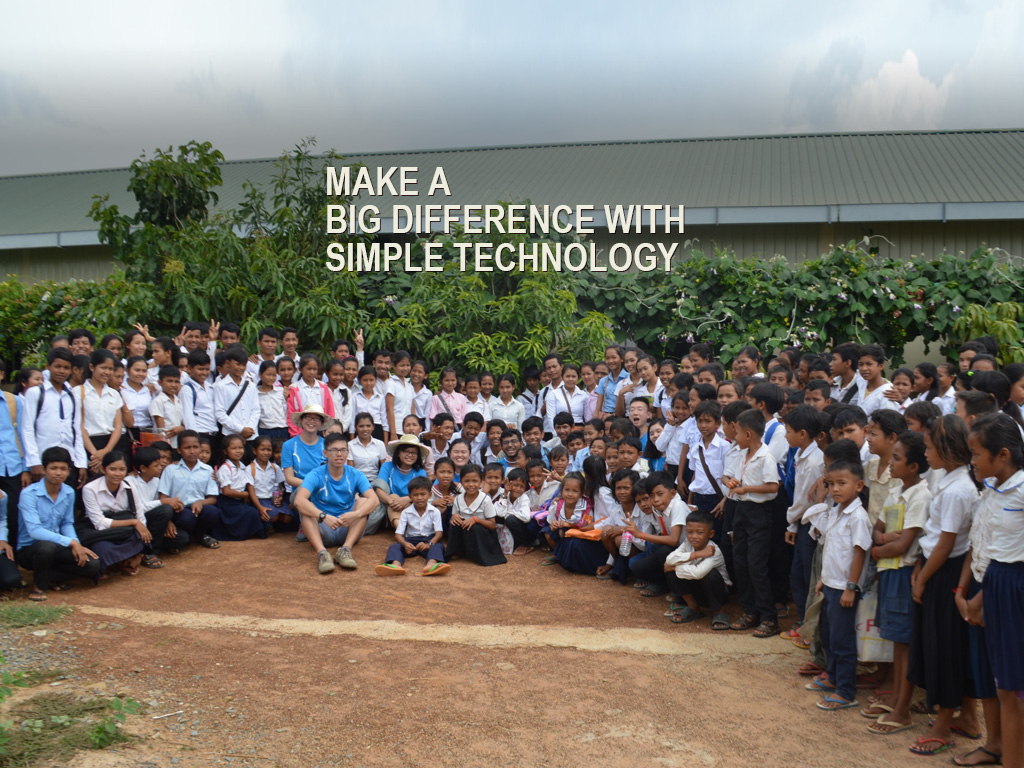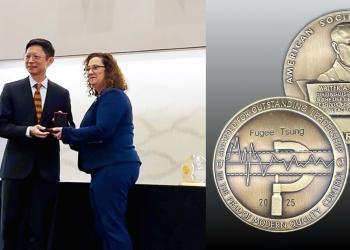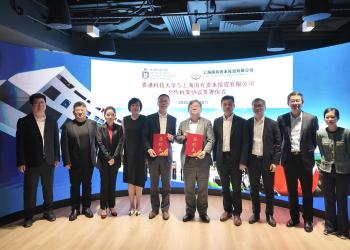Make A Big Difference with Simple Technology
HKUST students’ innovative solutions seek to improve healthcare services for the impoverished in Cambodia.
An innovative and internationally oriented community service program at HKUST is enabling undergraduates across the University to bring their knowledge and skills together to places where they are needed, and create effective, practical solutions that assist non-profit organizations in providing healthcare services.
The Student Innovation for Global Health Technology (SIGHT) Program, led by Prof Ying Chau, Division of Biomedical Engineering and Department of Chemical and Biomolecular Engineering, recently partnered with One-2-One Cambodia, a New Zealand NGO which operates mobile clinics in the slums of Phnom Penh, Cambodia with limited resources.
After identifying the pressing needs in discussions with the One-2-One, HKUST students delivered two much-needed devices to the medical teams in Cambodia with assistance from the faculty: portable drug dispensary boxes for better storage and transportation of medicines, and an electronic medical record system with a fingerprint reader to accurately identify patients.
Both solutions emphasized on adapting to the local circumstances in which they work in, for example, the fingerprint reading function was added upon learning that slum dwellers often lacked identification papers or even a name. “We teach students to put users’ needs in the center of their design,” Prof Chau said. “By utilizing each teammate’s expertise, we created something that makes a difference to people.” Students were the ones in the driving seat of the project from start to finish. They were responsible not just for engineering the solution, but also for getting the NGO staff comfortable to work with the new technology. And to realize the fingerprint identification function, the team drove their own fundraising campaign to raise money for the fingerprint scanners.
Discussions on new projects with more partners are underway. The Program is now in talks with
a local partner in Hong Kong, as well as international ones in Indonesia, Cambodia and China.









